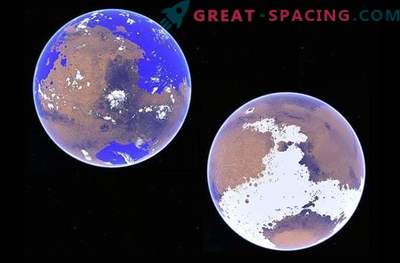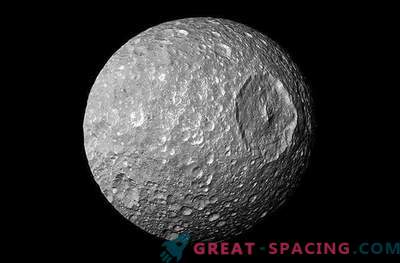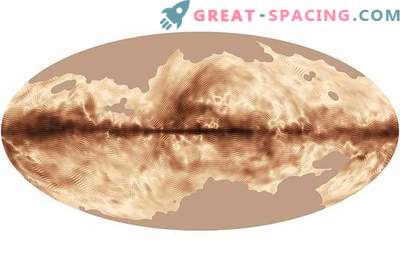
Artistic vision of drummer Chicxulub that hit the ancient Earth
Scientists from the United States and Tunisia have found evidence indicating that a giant asteroid, crashing into Earth 66 million years ago, caused the planet to warm up for about 100,000 years. The group bases its data on the study of ancient fish bones.
Early studies showed that 66 million years ago, a massive asteroid fell to Earth at a point close to Chicxulub (Mexico). Other analyzes indicated that sudden climate change led to the extinction of dinosaurs. The bottom line is that smoke and particles rose into the atmosphere, blocked the sun's rays, which caused the planet to cool for a long period of time.
The new analysis suggests that the cooling period was shorter and this was followed by a long “reheat”. The analysis is based on the study of bones and teeth of ancient fish. Remains were collected from precipitation samples collected at the site of El Kef. Before and after the fall of the asteroid, the area was covered by the Tethys ocean. Scientists examined the ratio of oxygen in fish, functioning as a means of determining the water temperature at the time of the death of the fish. Collecting samples from different layers made it possible to create a time scale of temperature, starting before the impact and lasting hundreds of thousands of years after that. It turned out that the water temperature rose by about 5 ° C.
Researchers believe that the asteroid impact released a lot of carbon dioxide into the atmosphere, as the site was rich in carbonates. It is likely that this also led to long forest fires, followed by an additional release of carbon. Evidence suggests that the cooling was short-lived because a large amount of carbon dioxide emitted into the atmosphere led to global warming. Scientists say that many more tests are needed to confirm these findings.











































